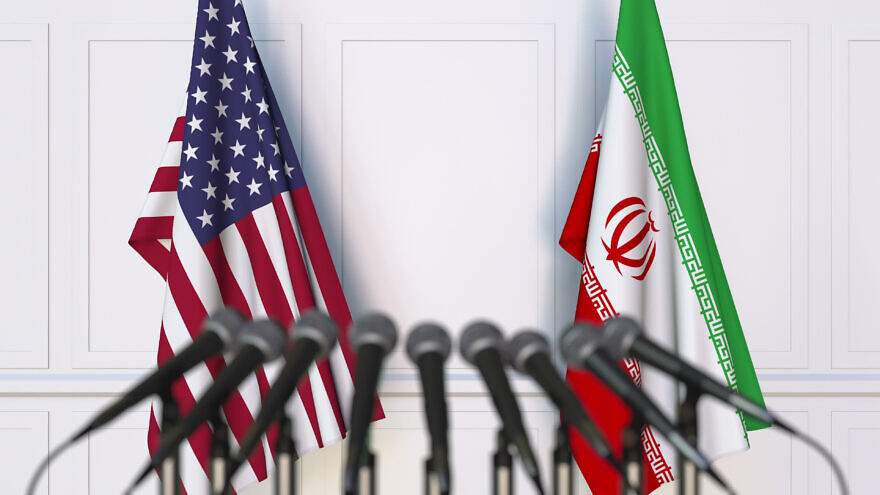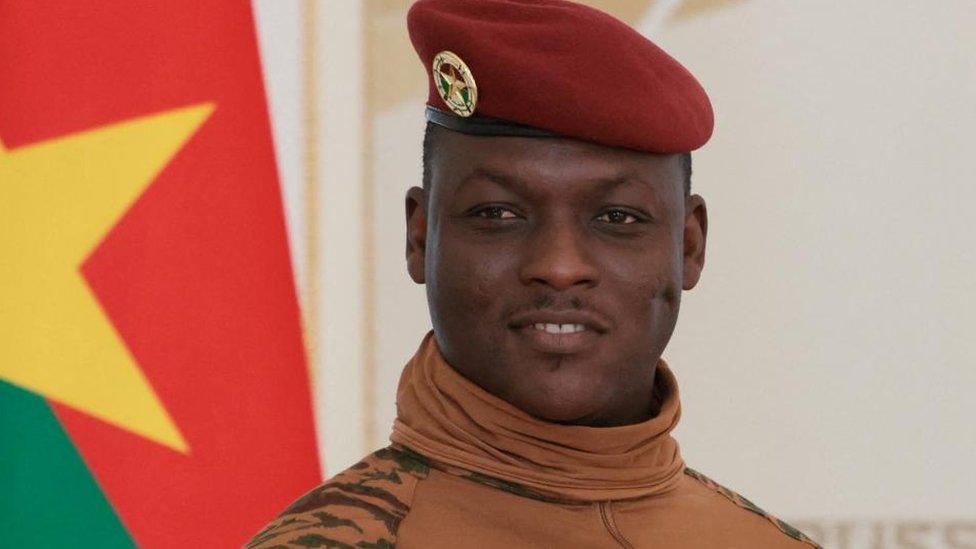As the United States and Iran prepare to resume nuclear negotiations in Oman on April 12, 2025, significant differences remain between the two nations. Iran’s Supreme Leader, Ayatollah Ali Khamenei, has ruled out direct talks with the U.S., instead preferring indirect negotiations mediated through Oman.
The U.S. seeks a more stringent agreement than the 2015 Joint Comprehensive Plan of Action (JCPOA), possibly demanding the complete dismantling of Iran’s nuclear program. Iran, however, has firmly rejected such demands, considering them non-negotiable.
The situation is further complicated by a two-month deadline set by President Donald Trump for reaching a new nuclear deal, adding pressure to the already delicate talks.
International responses vary. Russia supports both direct and indirect talks, viewing them as steps toward de-escalation. Meanwhile, Israel calls for a deal akin to Libya’s disarmament.
With substantial gaps between U.S. and Iranian positions, there are growing concerns about the prospects for a successful outcome.




